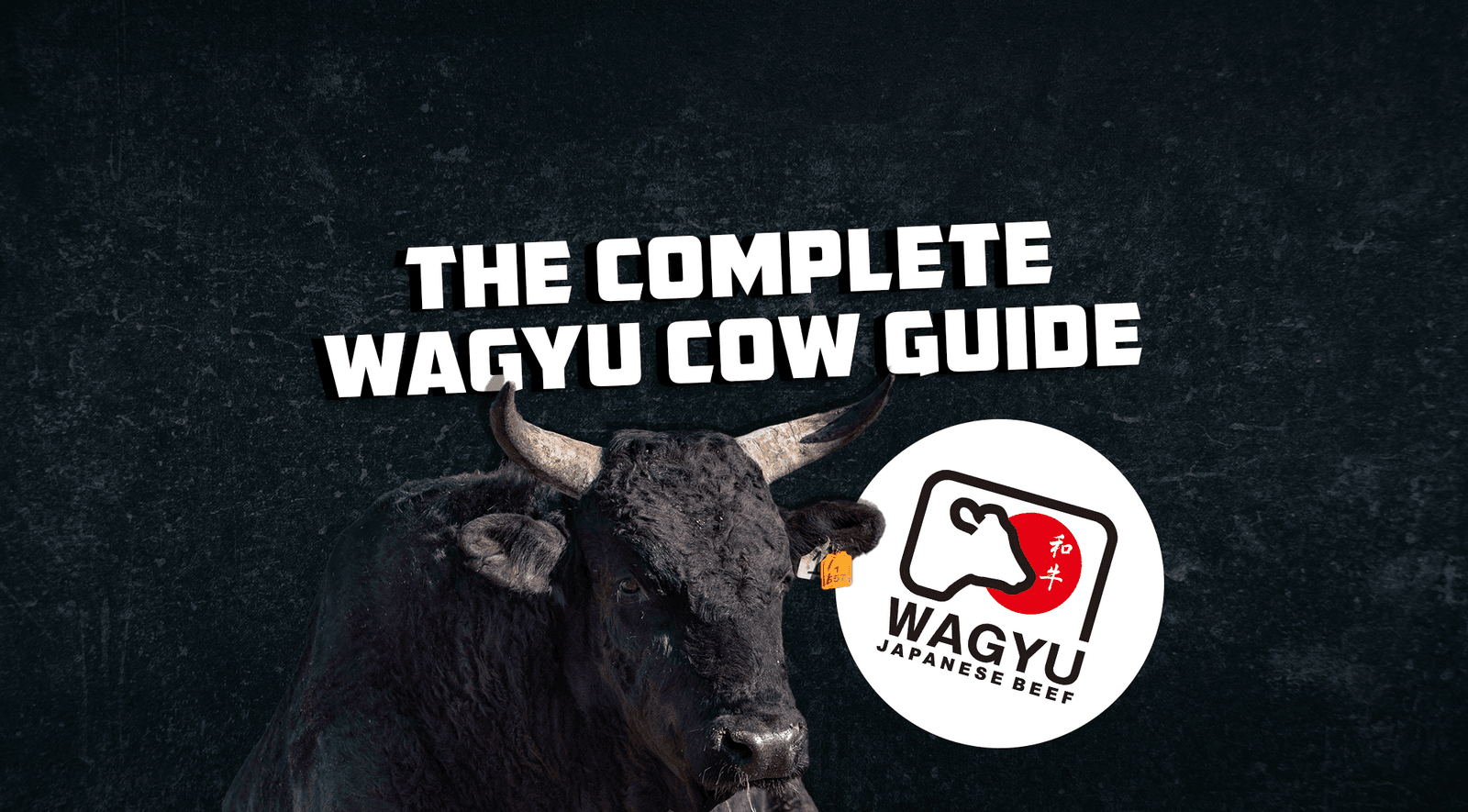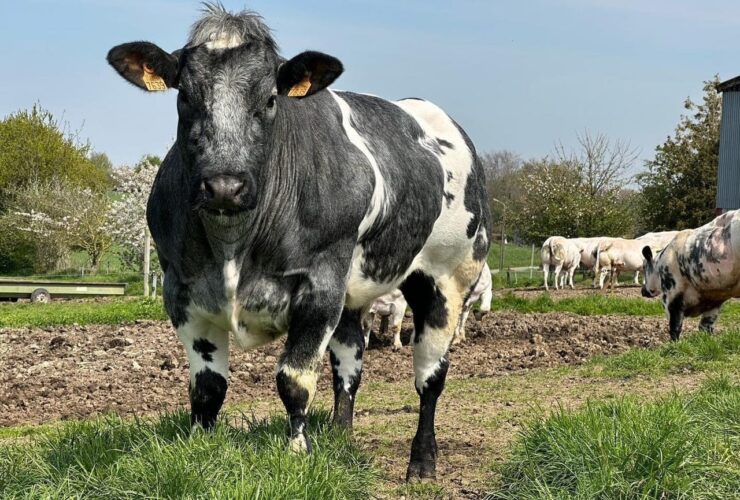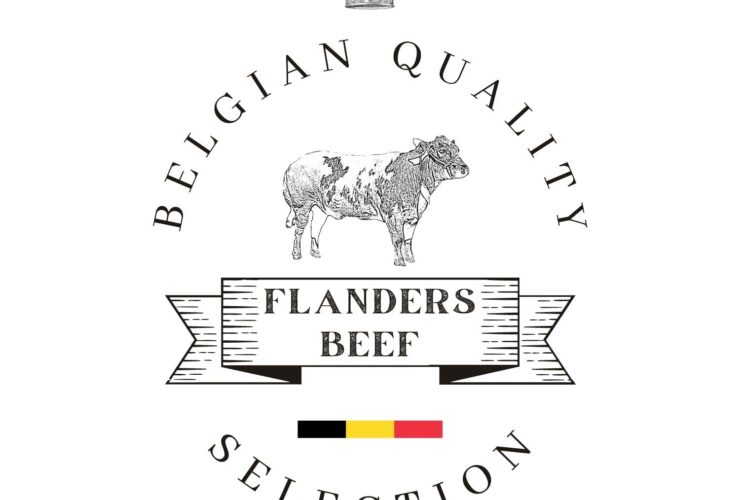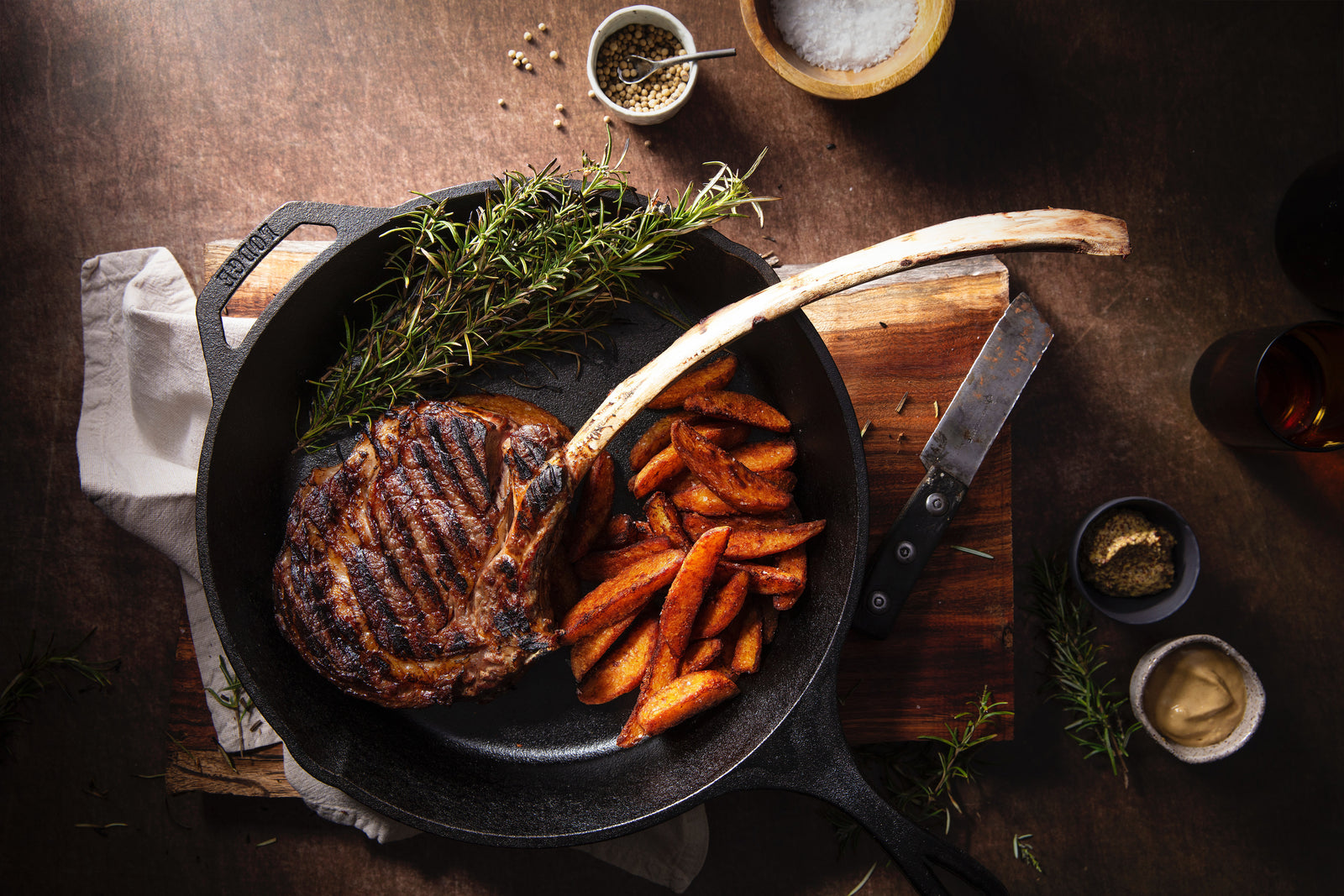The Complete Wagyu Cow Guide: Interesting facts about Wagyu cattle
Wagyu is a commonly talked about term that loosely stands with the most expensive beef of the world. But what about the cow that is produced from? Ask some fundamentals about Wagyu and it will elude even the most seasoned diners! So, let’s narrate the Wagyu story and churn out really intriguing and fascinating information about the Wagyu cow.

What does Wagyu mean?
In Japanese, Wagyu means “Japanese Cattle”. Wa – literally means Japanese; and Gyu – means cow or cattle. That being said, not all cattle from Japan are termed Wagyu. It’s not an umbrella term, yet it rather denotes to cattle having particularly special DNA.
Beef connoisseurs can even think Wagyu as royal beef, and consider it as luxurious as caviar.
Wagyu beef is transcendently fatty, tender and umami-rich meat that’s the outcome to special animal care, feeding, and environment they are raised in. Wagyu is known for its rich marbling and distinctive flavor that tastes really, really good.

What makes Wagyu extra special?
People are often curious to know what makes this beef incredibly special. The tremendous amount of thought, care and time plus the special practice of raising the cattle make it different. Out of many fun facts about Wagyu cattle, one stands out between the rest. Cattle is nurtured to extreme levels of precision.
Wagyu cows are raised completely different than most cattle. It all begins with careful selection and feeding. The borderline passionate Wagyu masters put the most extraordinary efforts ever made by any cattle breeder. Cattle are raised for months longer than other commercial cattle and are well-fed (feeding and food remain closely guarded knowledge between farmers and top breeders). The world knows the only thing, and that is the superiority of the outcome.

What does A5 grading exactly mean?
There is a lot to do about grading Japanese beef. In understandable words, A5 just means: out of this world and exceptionally good! But let’s look at it more closely. The grading or beef rating system is alphanumeric, which means it consists of a letter and a number. The letter is used to represent yield quality; in that sense, it means the yield or the usable meat on the animal. ‘A’ is superior; ‘B’ is average; and ‘C’ is inferior.
The number carries more meaning than the letter. Digits from 1 to 5 are used to represent quality, based on a number of characteristics, including marbling. Top rated meat has the highest and the best quality marbling, that is rich fine-grain fat interspersed throughout the muscle tissue.
However, marbling alone doesn’t count for rating. Other factors such as color of the meat, fat quality, how even the distribution of fat is, firmness and texture of meat – all matter. “5” means superior; whereas “3” means confirming to standards. When you get Wagyu A5, you get the highest quality beef in the world.

What are the most famous Wagyu cattle types?
The classification made in 1944 places pure breed Wagyu cattle under four cattle types:
- Japanese Black (Kuroge)
- Japanese Brown (Akage)
- Japanese Shorthorn (Nihon Tankaku)
- Japanese Polled (Mukaku)
While all of these cattle types can be found on Japanese farms, the Japanese Black is the most dominant variety of all. In fact, over 90% of the world’s Wagyu cattle is classified as Japanese Black. It is being produced by over 150 different beef brands.
In contrast to the aforementioned, the Japanese Shorthorn and Japanese Polled are only to be found on Japanese soil.
Australian Wagyu cattle
Australia has the second largest population of Wagyu, first being the Japan. Stats say that 18% of its Wagyu are Fullblood, 12% are purebred, 50% include F1. It has the largest Fullblood outside of Japan.
American Wagyu cattle
The first Wagyu cattle import to the U.S. was made in 1976; two black and two red bulls. These were majorly crossbred with domestic Angus cattle. Later on in 1997, an export ban followed by the Japanese government. Since exporting Japanese Wagyu cattle to the United States was no longer possible and demand kept on rising, beef prices skyrocketed tremendously. Wagyu is still very popular in the United States to this day, and only a sheer 5000 purebred Wagyu cows are raised on American soil.
European Wagyu cattle
While the Wagyu industry flourished in 2000’s in Europe, the industry is still quite small here. While cattle are produced in varying levels of purity across countries, the majority is crossbred. However, focus on purebred Wagyu has been stored by some authentic producers.
Wagyu cattle from other countries
Wagyu International reveals that cattle are being produced in almost every continent of the world. Just like specialty food, the beef from each continent has its own nuanced flavor profiles and qualities. That being said, most Wagyu connaisseurs will still consider Japanese Wagyu to be the best.

How much does a Wagyu cow cost?
The cost of Wagyu calves can be 40 times of common US cattle. The cost of an adult Wagyu cow can go beyond €30,000. While that may already seem like a tremendous amount of money, the most expensive cattle are Matsusaka wagyu from the Mie Prefecture. The reason lies in the fact that beef is obtained exclusively from female cows. In 2002, one Matsusaka cow got sold for a whopping €340,000.
How much does Japanese Wagyu beef cost?
The price of the highest grade of Wagyu generally costs €250 or more per kilo for the best cuts. Rare types of Wagyu (like Kobe Beef or Olive Wagyu) are generally priced more than €400 per kilo.
Marbling and scarcity are the main reasons that cause the price to rise insanely. However, strict quality measures and production to protect the quality of meat also causes the prices to swell tremendously.

Final narration
Gosh! The story behind Wagyu cattle is just as interesting as the flavor palate of the beef. If you’d ever find yourself in a position where you’ll consider purchasing a Wagyu cow, be sure to follow industry standard prices and only aim to buy it from trusted farms. If you are just looking to enjoy the beef itself, take a look at our webshop!




